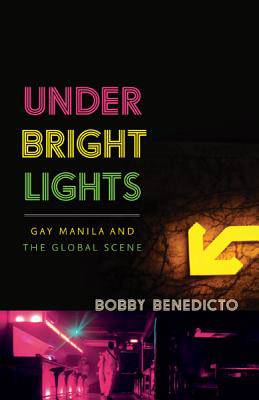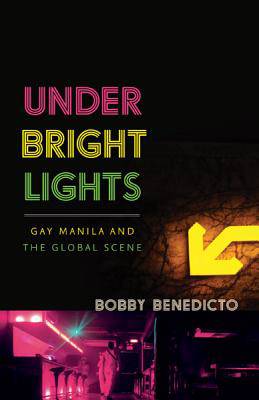
- Retrait gratuit dans votre magasin Club
- 7.000.000 titres dans notre catalogue
- Payer en toute sécurité
- Toujours un magasin près de chez vous
- Retrait gratuit dans votre magasin Club
- 7.000.0000 titres dans notre catalogue
- Payer en toute sécurité
- Toujours un magasin près de chez vous
Description
Gay-friendly dance clubs, upmarket bars, and party circuits--such commercial venues evoke the image of a gay globe, but what happens when they are bound to a landscape of disorder, mass poverty, and urban decay? Vividly describing this world of contradictions through the prism of twenty-first-century Manila, Under Bright Lights challenges popular interpretations of the "third world queer" as a necessarily radical figure.
Drawing on ethnographic research, Bobby Benedicto paints a remarkably counterintuitive portrait of gay spaces in postcolonial cities. He argues that Filipino gay men's pursuit of an elusive global gay modernity sustains the very class, gender, and racial hierarchies that structure urban life in the Philippines. Benedicto examines, for example, how practices such as driving enable the emergence of a classed gay cityscape, and how scenes of networked global cities engender discourse that positions Manila within a global system of "gay capitals." And yet he also analyzes how the fantasy of gay globality is imperiled when privileged gay men from Manila, while traveling abroad, encounter Filipino labor migrants and come face-to-face with the exclusionary racial orders that operate in gay spaces overseas.
Unique in its methodological approach, Under Bright Lights employs affective, first-person storytelling techniques to capture the visceral experience of Manila and gay life in a third world city.
Spécifications
Parties prenantes
- Auteur(s) :
- Editeur:
Contenu
- Nombre de pages :
- 248
- Langue:
- Anglais
- Collection :
Caractéristiques
- EAN:
- 9780816691081
- Date de parution :
- 25-10-14
- Format:
- Livre broché
- Format numérique:
- Trade paperback (VS)
- Dimensions :
- 153 mm x 215 mm
- Poids :
- 276 g

Les avis
Nous publions uniquement les avis qui respectent les conditions requises. Consultez nos conditions pour les avis.






